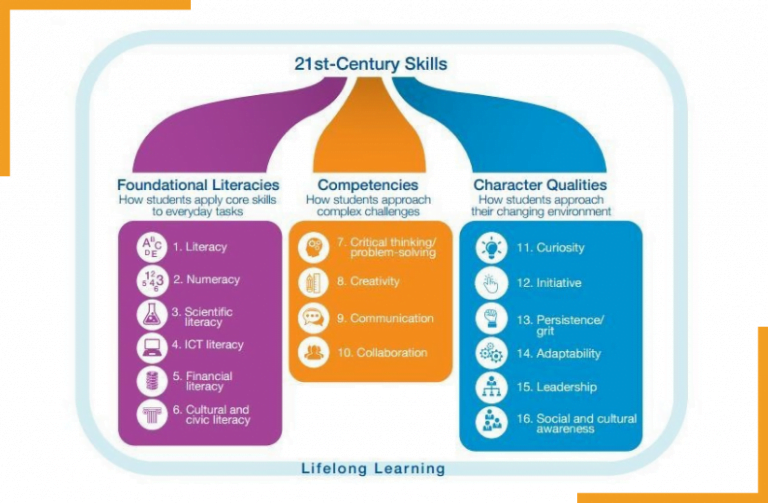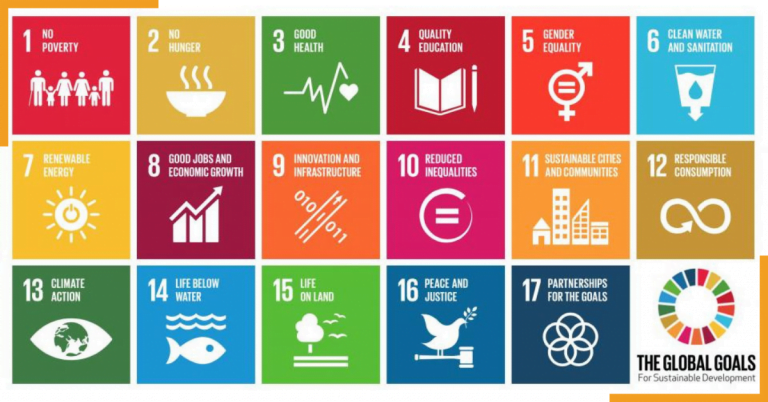EDUCATION IN THE 21st CENTURY
In the last century, the education systems across the world focused on providing literacy and numeracy skills to gain content and knowledge. While these skills are still relevant and necessary, they are no longer sufficient. With the developments in technology in the 21st century, information and knowledge have become easily accessible to learn and grow. Therefore, the education system now needs to adapt to the economical, technological, and societal changes and prepare the students with a range of skills that build their cognitive, social, and emotional characteristics.
We at Ram Ratna International School (RRIS) focus on building these new-age competencies by encouraging the collaboration, creativity, communication, and critical-thinking skills. We do not believe in just teaching the prescribed syllabus and always strive to open the student’s mind to multiple possibilities, imbibing the life skills for future preparedness. A 21st century education is about preparing the student for the new world and RRIS helps its students to utilize the available knowledge, opportunities and information in the best way for career development.
RRIS: A 21st Century School
Today, the world has become more complex and students must be able to collaborate, communicate and solve problems to achieve long-term success. These skills can be developed through modern curriculum, social-emotional proficiency and peer learning. Combined with traditional literacy and numeracy skills, these 21st century skills will equip students to succeed in the evolving digital world.
THE WEF 21st CENTURY SKILLS
World Economic Forum (WEF), 21st Century Skills
According to the World Economic Forum, “The gap between the skills people learn and the skills people need is becoming more obvious, as traditional learning falls short of equipping students with the knowledge they need to thrive.” To address this challenge, WEF has grouped 21st century skills into three main categories – learning and innovation, digital literacy and career and life skills.
RRIS has ingrained these skills across its curriculum and daily activities. We focus on individual learning and an inclusive learning space that is equipped with theme-based learning, interdisciplinary learning, experiential learning and critical thinking.
- Learning and innovation skills: critical thinking and problem solving, communications and collaboration, creativity and innovation.
- Digital literacy skills: information literacy, media literacy, Information and communication technologies (ICT) literacy.
- Career and life skills: flexibility and adaptability, initiative and self-direction, social and cross-cultural interaction, productivity and accountability.

THE UN GLOBAL SDGs
United Nations, Sustainable Development Goals (SDGs)
In 2015, the United Nations provided a shared blueprint for peace and prosperity for people and the planet, now and into the future. At its heart are the 17 Sustainable Development Goals (SDGs) which are an urgent call for action by all nations and ‘Quality Education’ is an important goal in the list. It has been envisioned to “ensure inclusive and equitable quality education and promote lifelong learning opportunities for all.”
We at RRIS believe in the power of education and strive to build an environment that fosters inclusive learning and growth for a lifetime. Our aim is to provide the students with universal access to quality education while equipping them with characteristics that will help them in building a better world for tomorrow.

THE CAMBRIDGE EDUCATION LEARNER ATTRIBUTES
The Cambridge Education, Learner Attributes
RRIS has designed its entire curriculum and assessments in alignment with the Cambridge learner attributes in mind. The following five attributes recognize that students need to develop attitudes and life skills throughout their education in order to be successful in their life.
- Confident - Our curriculum includes critical thinking that makes students confident, secure in their knowledge and ready to take intellectual risks.
- Responsible - We make sure that students appreciate the importance of culture, context and community with a value-based learning.
- Reflective - Our pedagogy is designed around concept-based learning to develop the awareness and strategies to be lifelong learners.
- Innovative - We focus on problem solving approach and project-based learning so that students can adapt flexibly to new situations requiring new ways of thinking.
- Engaged - We ensure that students are equipped to participate constructively in society as well as the global economy.
